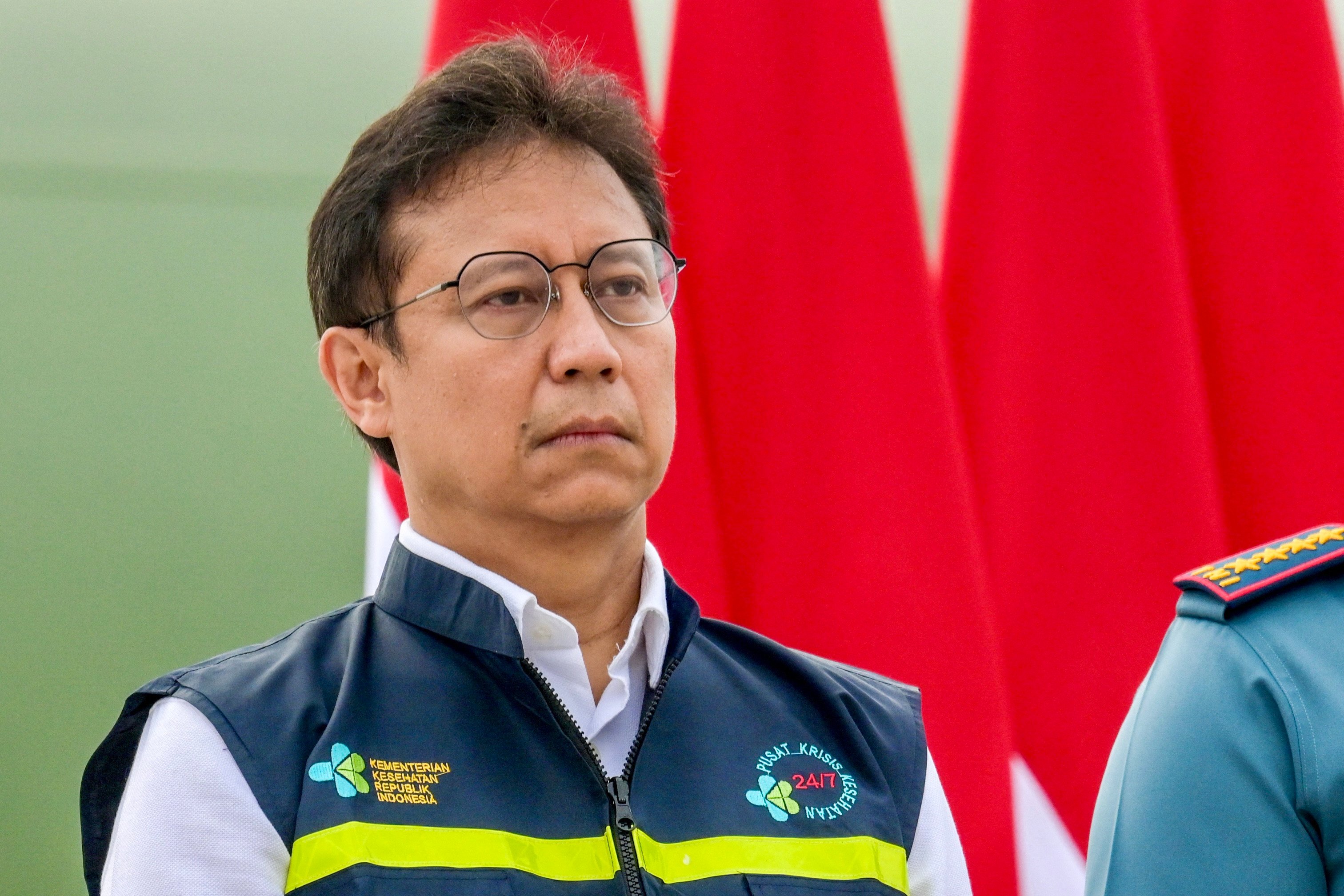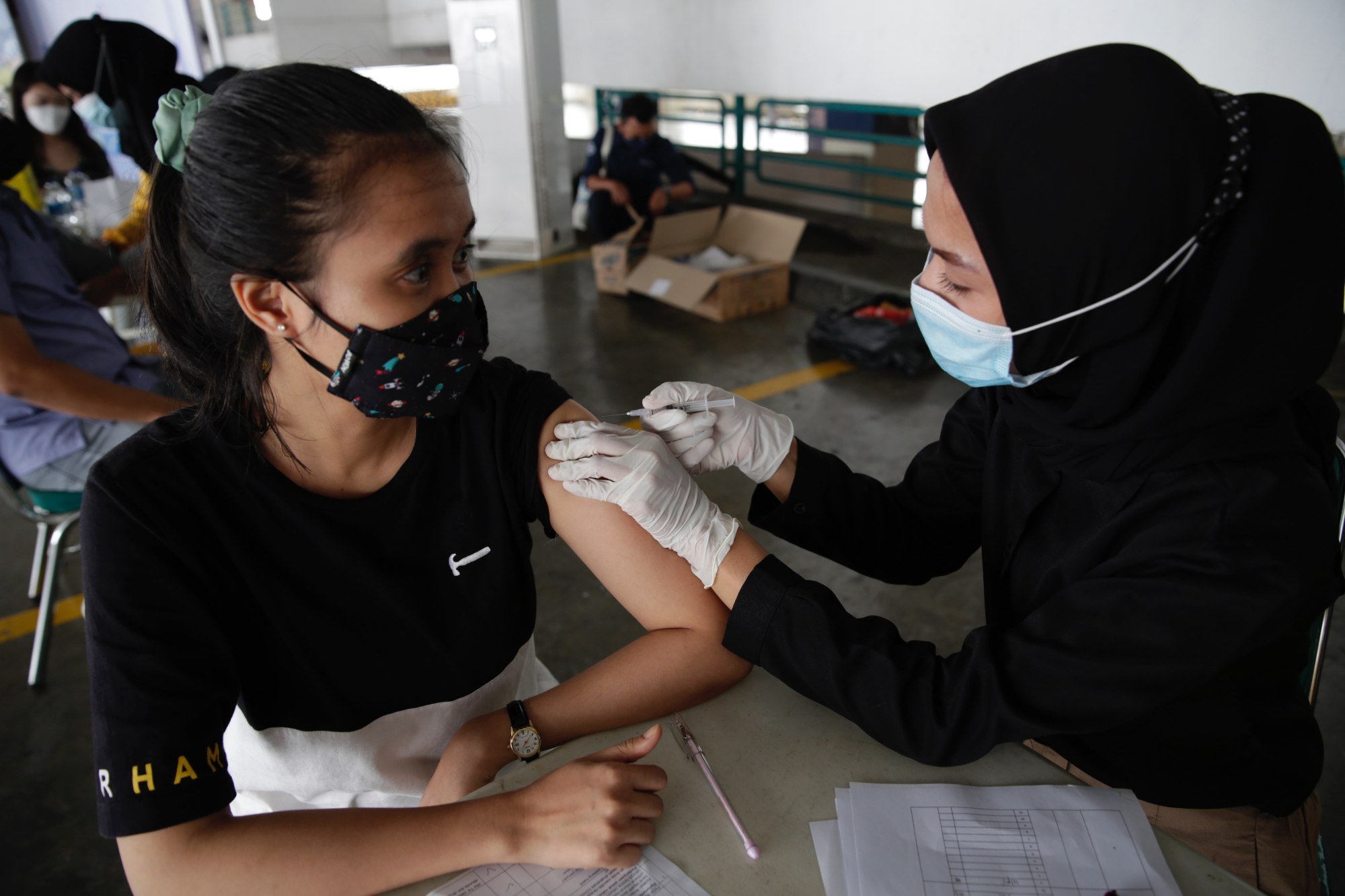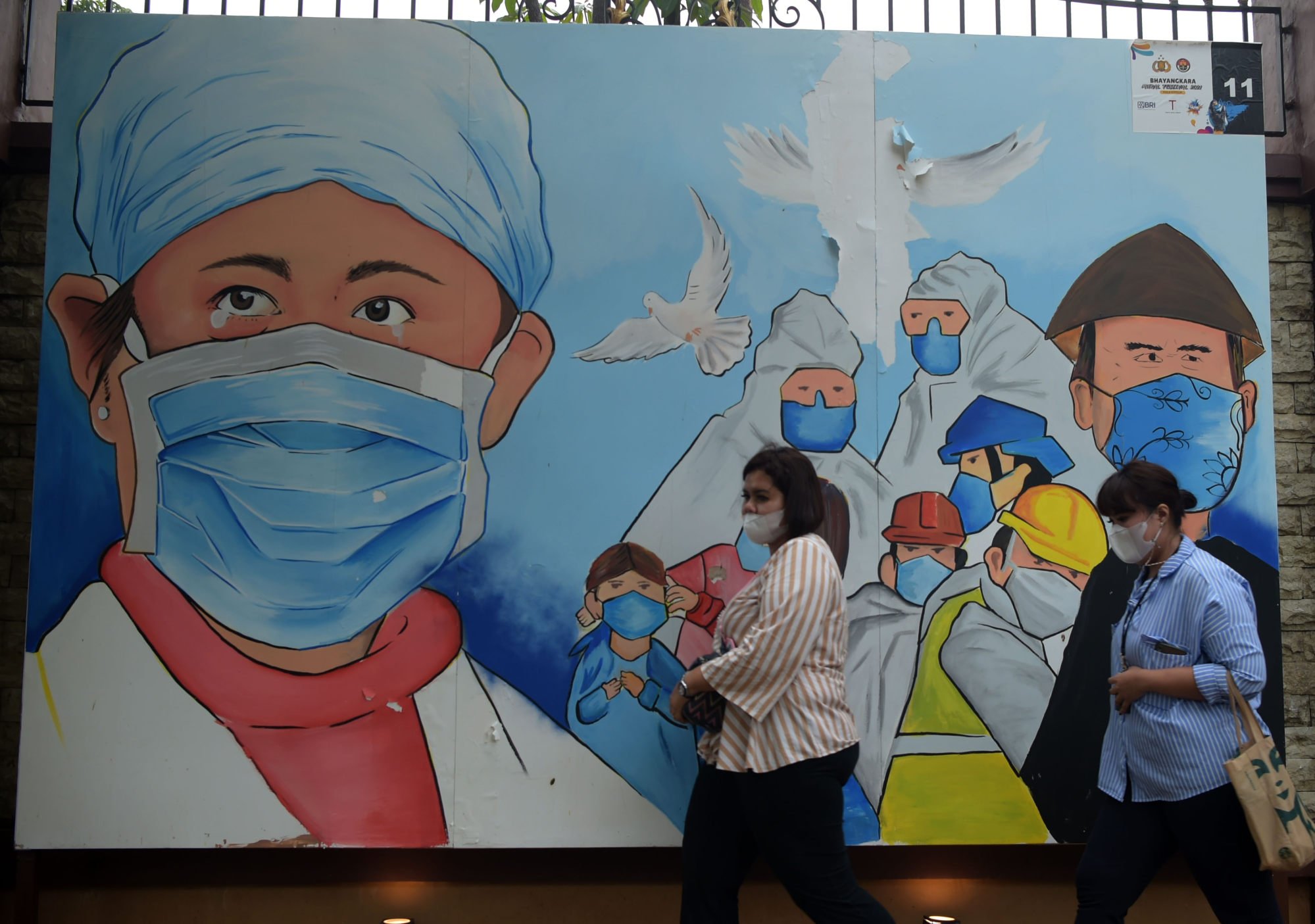Calls grow for removal of Indonesia’s health chief as rift with doctors deepens
Criticism of Budi Gunadi Sadikin has surged in recent weeks, and analysts warn the tension risks undermining healthcare reform

Indonesia’s health minister is facing mounting calls for his removal as his deepening rift with the country’s medical professionals risks undermining healthcare reform and weakening the legitimacy of future policies, according to analysts.
Criticism of Budi Gunadi Sadikin has surged in recent weeks, with two of the nation’s leading medical faculties – at the University of Indonesia in Jakarta and Padjadjaran University in West Java – joining the chorus of discontent.
At the centre of the dispute is the health ministry’s perceived encroachment into the domain of professional medical bodies, including the reassignment of specialist doctors and the appointment of members to so-called medical collegia – self-regulating organisations that oversee the standards of specialist medical training and practice.
Under Indonesia’s revised health law, passed in 2023, these collegia were placed under the supervision of the Indonesian Medical Council, which now reports directly to the president. The move was framed as a bid to streamline governance, but many in the medical field view it as political interference.
“We urge the government to re-evaluate health policies that are not pro-people but pro-momentary interests,” Wawan Mulyawan, chairman of the Alumni Association of the Faculty of Medicine at the University of Indonesia, said on May 20, as cited by news magazine Tempo.
He called on President Prabowo Subianto to consider replacing Budi, “who clearly has the potential to damage the ecosystem of medical education and reduce the quality of health services”.

Budi has said the changes in the medical collegia oversight were done to safeguard the interests of the public, and “there will naturally be discomfort” among medical professionals who had “dominated the healthcare ecosystem” in the country for so long.
In a parliamentary hearing on May 14, Piprim Basarah Yanuarso, chairman of the Indonesian Paediatric Society, said Budi’s communication with doctors in the country was “very bad” and medical practitioners were no longer free to express their opinions since all authority was held by the Ministry of Health.
Analysts have cautioned that tension between the health minister and doctors could diminish the effectiveness of public health policy on the ground.
“If doctors feel they are not involved in policy formulation, there will be resistance to policy implementation. This will cause disinformation and fragmentation of the system,” Dicky Budiman, a public health expert at Yarsi University in Jakarta, told This Week in Asia.
“Doctors will not have a sense of honour towards a policy, so the legitimacy of the programme will be weak.”
![An employee stands at a clothing store inside a shopping centre in Depok, Indonesia. Health minister Budi has said men who wore larger jeans sizes “are definitely obese [and] will face Allah faster”. Photo: EPA-EFE An employee stands at a clothing store inside a shopping centre in Depok, Indonesia. Health minister Budi has said men who wore larger jeans sizes “are definitely obese [and] will face Allah faster”. Photo: EPA-EFE](https://cdn.i-scmp.com/sites/default/files/d8/images/canvas/2025/06/03/6ac82a62-160b-4b3c-8195-806ed9706306_a88b0d38.jpg)
Offhand comments
The minister has also drawn widespread criticism for a string of offhand public remarks that have been labelled as insensitive and unscientific.
On May 14, Budi told reporters that men who wore larger jeans sizes “are definitely obese [and] will face Allah faster”, presuming that people with larger bodies are unhealthy.
On the same day, he also said he would create a regulation to allow general practitioners in remote areas to perform caesarean surgeries to overcome the shortage of gynaecologists and reduce the number of maternal deaths.
Indonesia has 0.72 doctors per 1,000 people, according to the World Health Organization, lower than the body’s standard of one doctor per 1,000 people.
The Indonesian Obstetrics and Gynaecology Association has urged the minister to reconsider the plan, as caesareans are “risky” surgeries that should be performed by an experienced obstetrician.
Three days later, the 61-year-old minister revealed his theory that high-salaried workers were healthier and smarter than lowly paid ones.
“If they were not healthy and smart, there’s no way [they would earn] 15 million rupiah [US$920] in salaries, it would definitely be five million rupiah,” Budi said in a discussion about Prabowo’s vision to turn Indonesia into a high-income country.
If doctors feel they are not involved in policy formulation, there will be resistance to policy implementationDicky Budiman, public health expert
Budi’s perceived missteps have led to an online petition calling for his removal. The petition by a group called National Health Resilience Alliance has been signed by more than 10,000 people as of Monday.
The controversy appears to have caught Prabowo’s attention. On May 23, Prasetyo Hadi, minister of state secretariat, said the president had told his ministers to avoid making remarks that would “hurt the feelings of other institutions, especially towards the public”.
He denied rumours that a cabinet reshuffle was imminent.
Budi responded to the controversy during a parliamentary hearing last week, saying his comments had been sensationalised, and he had in fact meant to boost awareness about strokes and heart disease due to obesity with his remark about larger jeans sizes.
Nicky Fahrizal, a political researcher with the Centre for Strategic and International Studies (CSIS) Indonesia, said Budi was likely to keep his post if he refrained from making controversial statements.
“Prabowo must [install] ministers with technocratic backgrounds, so that the policies being issued are right on target. [The right ministers] would also prevent controversial statements from being published,” Nicky said.
If Budi kept ruffling the public’s feathers, “trust in this government would decrease and the public will see Prabowo’s government as mediocre and unable to work well”.

Budi, who has a finance background, was appointed health minister in 2020 to tackle the Covid-19 crisis. He had won praise for his speed and strategies, including the rapid vaccine distribution and health system digitisation.
He is only the second health minister in Indonesia without a medical background. The first was Mananti Sitompul, a civil engineer, who served briefly in the position from December 1948 to March 1949.
Dicky of Yarsi University urged authorities to focus on strengthening the health system for the long term, but cautioned that such a task “cannot be a one-man show”.
“Some countries have a minister of health from outside the medical profession. But they are surrounded by strong advisers, usually from the medical profession, and they maintain effective communication and trust with health professionals,” he said.
“Managerial competence cannot replace the importance of scientific legitimacy and social relations.”